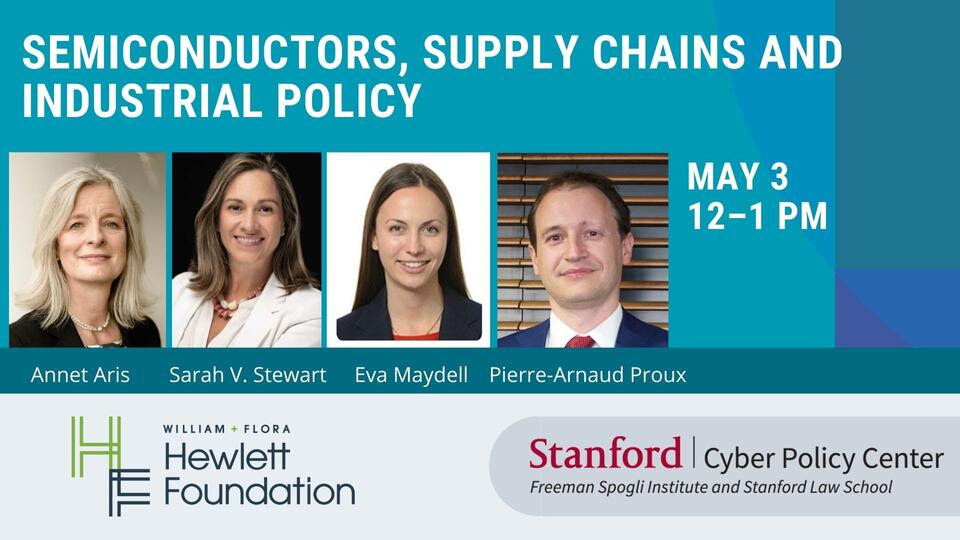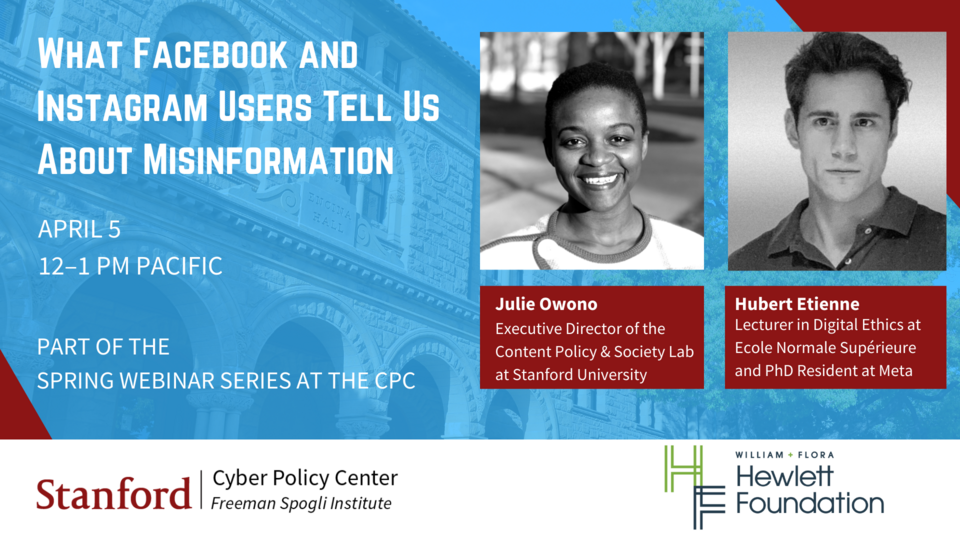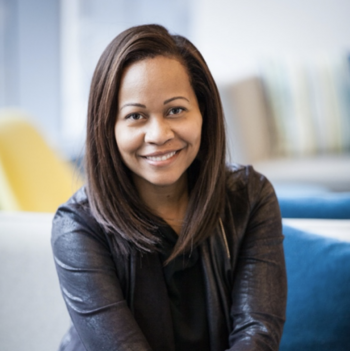Big Speech

Join us on Tuesday, May 10 from 12 PM - 1 PM PT for “Big Speech” featuring Kate Klonick of St. John’s University Law School, in conversation with Nate Persily of the Cyber Policy Center. This weekly seminar series is jointly organized by the Cyber Policy Center’s Program on Democracy and the Internet and the Hewlett Foundation’s Cyber Initiative.
About the Seminar:
Technology companies seem omnipotent, omnipresent, and without accountability for their harms to society. Nowhere is this truer than in the realm of Big Speech—the firms who control and profit from large scale user-generated content platforms. With reform through direct regulation likely foreclosed by the First Amendment, recent intervention has focused instead on breaking up these platforms under antitrust law. These proposals tap into both the pragmatic and emotional frustration around the power of private firms over freedom of expression and the public sphere. But while break up might be valuable in other areas of big tech, its effect on Big Speech is less certain.
Will breaking up Big Speech make individual user experience and the digital public sphere better or worse? Join us for insight on the nature of Big Speech and the challenges of reform.
About the Speakers:
Kate Klonick is an Associate Professor at St. John's University Law School, a fellow at the Brookings Institution and Yale Law School’s Information Society Project. Her writing on online speech, freedom of expression, and private governance has appeared in the Harvard Law Review, Yale Law Journal, The New Yorker, the New York Times, The Atlantic, theWashington Post and numerous other publications.
Nathaniel Persily is the James B. McClatchy Professor of Law at Stanford Law School, with appointments in the departments of Political Science, Communication, and FSI. Prior to joining Stanford, Professor Persily taught at Columbia and the University of Pennsylvania Law School, and as a visiting professor at Harvard, NYU, Princeton, the University of Amsterdam, and the University of Melbourne. Professor Persily’s scholarship and legal practice focus on American election law or what is sometimes called the “law of democracy,” which addresses issues such as voting rights, political parties, campaign finance, redistricting, and election administration. He has served as a special master or court-appointed expert to craft congressional or legislative districting plans for Georgia, Maryland, Connecticut, New York, North Carolina, and Pennsylvania. He also served as the Senior Research Director for the Presidential Commission on Election Administration. His current work, for which he has been honored as a Guggenheim Fellow, Andrew Carnegie Fellow, and a Fellow at the Center for Advanced Study in the Behavioral Sciences, examines the impact of changing technology on political communication, campaigns, and election administration. He is codirector of the Stanford Cyber Policy Center, Stanford Program on Democracy and the Internet, and the Stanford-MIT Healthy Elections Project, which supported local election officials in taking the necessary steps during the COVID-19 pandemic to provide safe voting options for the 2020 election. He is also a member of the American Academy of Arts and Sciences, and a commissioner on the Kofi Annan Commission on Elections and Democracy in the Digital Age.

































